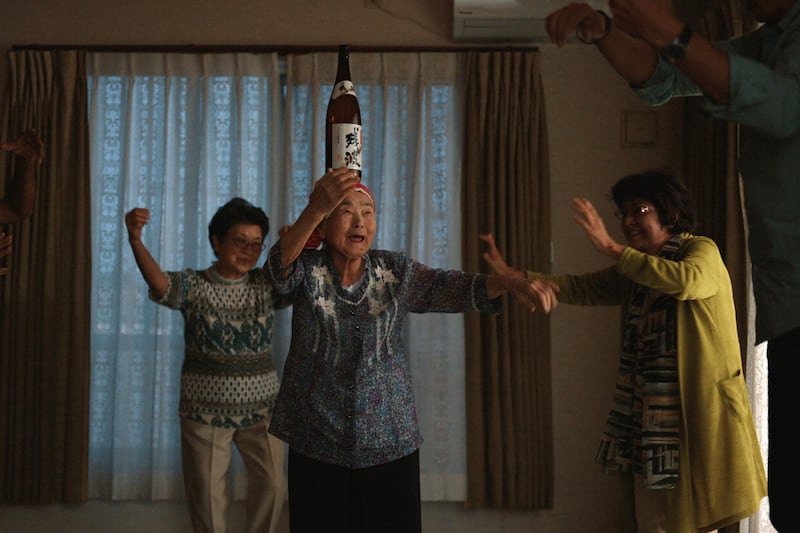Tour de France Unchained, Netflix
After the runaway success of Drive to Survive, Netflix has directed a lot of resources at sports documentaries.
The latest, a look inside the 2022 Tour de France, has landed just before the opening of this year’s event.
It’s certainly better than the golf version – Full Swing – which provided little insight on the realities of professional golf and seems light years out of date following the events of the last few weeks.
But, to be fair, cycling has a few more interesting characters than golf.
Foremost among them is Groupama-FDJ principal Marc Madiot, the epitome of France’s romantic connection with cycling.
Madiot – the owner of a series of brilliant metaphors – focuses on the emotions of his team.
His clear favourite is Thibaut Pinot. The climber and part-time farmer is so in touch with nature that he must have a “connection” with a mountain to win on top of it.
Unfortunately for him and Madiot, Pinto doesn’t always deliver on the French desperation for a champion.

It’s caricature, but the relatively unsuccessful French teams seem to rely on high emotion, while the successful Dutch, British and German teams focus on science and marginal gains.
Madiot, a former professional cyclist, sees the sport as a religion.
“(Cycling) is my life. When I was kid, I was called to cycling the way a priest is to the church,” he says.
And while he loves Pinot, he’s realistic about him: “A romantic rider lost in a modern world.”
As is Pinot, after he fails to deliver on the infamous climb of the Planche des Belles Filles (a mountain near his home that he has a spiritual connection with).
“Sometimes I feel like I am more popular than I am talented. There are days when I wish I got less love and more wins."
It’s one of the many reasons why the Tour de France is captivating, if you can put the drug use to one side.
Do you cheer for the cold, business-like efficiency of Ineos or the boyhood dreams of a French farmer who believes that the tour is the spirit of France?
Former professional cyclist, David Millar explains the lure of professional cycling best.
Unlike almost all other ultra-endurance sports, it’s a highly tactical team game, where you must be able to suffer but also remain lucid enough to make constant strategic decisions.
Firstly though, you must be able to take the pain of riding very fast up steep mountains at altitude.
Madiot again: “On a mountain, pain shows who you are.”
And on his belief that teams don’t pick leaders, they unveil themselves.
“You don’t declare a leader, you become a leader by making others suffer.”
The ability to ‘suffer’ is the most repeated theme of the series.
The brilliant young Belgian rider, Wout van Aert has no problem with it.
"Dealing with the pain is one of the biggest talents you need to have as a professional cyclist. Luckily, I like to hurt myself,” he says with a grin.
We also hear from Fabio Jakobsen who almost died in a horrific crash at the 2020 Tour of Poland.
He returned for last year’s tour ready to risk his safety once more against the world’s best sprinters.
He first memory was three days after the crash when he woke up in hospital: “I lost ten teeth. I had 130 stitches. I lost bone in the upper and lower jaw. I had a lot of cracks in the skull.”
But the last word should go to Madiot: “The peloton is always moving, it never stops. If you’re in the peloton, you’re alive. If you’re not in the peloton you are facing death.”






